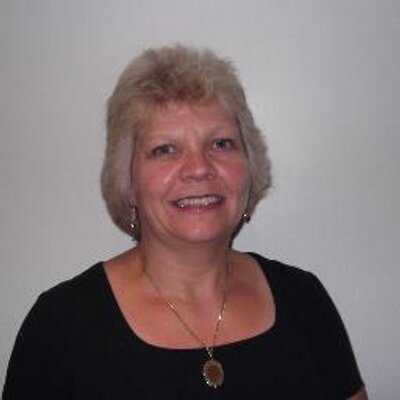Blog

Guest blog: Nursing: the future is ‘Wicked’
12 Jul 2018
 Dr Ann Ewens, Dean of the School of Health and Social Care at Staffordshire University, writes on why degree education for nurses is the best way to solve a ‘wicked’ problem
Dr Ann Ewens, Dean of the School of Health and Social Care at Staffordshire University, writes on why degree education for nurses is the best way to solve a ‘wicked’ problem
The NHS celebrated its 70th birthday on 5 July, and so now seems an appropriate time for reflection. A pair of blogs, one by Ann Bradshaw and the other by June Girvin got me thinking about nursing past, present and future.
Nurse education has in the past been labelled a ‘wicked’ problem, one with a deeply complex issue at its heart, no simple solution and no easily recognised end point. Any wicked problem requires a wicked solution, which is why I am firm in my view that university is the best place for future nurses to learn their trade.
Ann Bradshaw appears to argue that the only way nursing can demonstrate its value is to return to the past and have, for example, a national set of standards and assessments. She contends that the issues that have arisen such as in Mid Staffs can be put down to variability in standards and she dismisses the role of nurse staffing levels and the culture in that organisation. She argues a national assessment would ensure that all content such as continence care is taught to the same standard.
The apprenticeship model reflects this view with its common endpoint assessment. Apprenticeships are based on the idea of spending 80% of ‘training’ in the work place and the remaining 20% on theory-based learning. Currently there is debate on whether the Nursing Associate role, which is due to become regulated by the Nursing and Midwifery Council, should follow this apprenticeship model or move to the current Nursing model in which the learner spends 50% of their time on theory-based learning and remains supernumerary during their practice-based learning.
Providers under pressure from workforce shortages may be tempted to push the work-based boundaries of apprenticeship training to their limits and there is some evidence already of this occurring. Either explicitly or inadvertently, Ann Bradshaw provides the argument for nursing to move back to an apprenticeship model as she articulates that higher education is a means of professionalising nursing rather than improving nursing care. If nurses could only go back to 1971 where she trained as a nurse on the job as an apprenticeship in Oxford with a national assessment, then nursing would be OK for the future.
June Girvin however looks back to her nurse training also in the 1970s and reflects on the lack of concern for patient safety, when she, a third-year student, was left in charge of patient care with little or no formal supervision and support. Clinical tutors appeared only to carry out formal assessments such as the ‘aseptic technique’ or a ‘drug round’. She remembers the focus on the ailment rather than knowing or understanding the patient, with the focus mainly on completing the tasks of the day. This is something I personally remember, and with no fondness, especially as in the early 80s I was one of the ‘degree nurses’ viewed with cynicism by some, who thought that by dint of my higher education I would not make a real nurse.
How can these differing views of the past be reconciled? Perhaps they can’t be. We all have a right to view our past in whatever way we wish. It might be better that we take Ann’s warning that it is not good history to compare nurse preparation in the past with the present. I might even go so far as to suggest that focusing too much on the present could mean we miss the really big changes facing nursing.
I am concerned with the preparation of nurses for the future. I suggest at this pivotal time, when as a society we consider how to address the future of health and social care, we don’t look for quick and easy solutions by going back to the past or cleave too tightly to the present. We know that in our current complex systems graduate-level education for nurses provides safer more effective patient care. The evidence base for this assertion is strong so should not be easily ignored or dismissed. But patient care is changing, and nursing needs to adapt. A paradigm shift is occurring in knowledge management and the patient is becoming the owner of their own health data. Nurses need to know how to work alongside patients within this new paradigm.
This is not about ensuring better computer skills but is instead a new fundamental understanding of how patients can and will use their data for prevention, treatment and management of their health. Tasks as they exist now will one day be the domain of machines and artificial intelligence, and nurses will be required to understand their role in terms of interpreter and advocate for the expert patient. Patients more than ever will need skilled, articulate, compassionate, intelligent, analytical practitioners (yes, read: graduate nurses) to help them navigate their health experiences.
Graduate education needs to involve interdisciplinary learning across the arts and sciences allowing students the experience of tackling ‘wicked’ problems together in new ways. The connected curriculum is the next vital step in the development of nurse education and this is what we should be aiming for - not narrowing the horizons of our future nurses. This will require, whether through an apprenticeship model or not, the provision of high quality, interdisciplinary opportunities that go beyond what is offered by day-to-day on the job training. We need our future nurses to learn alongside our arts students, our engineers, our games designers to create new insight to our big health issues and higher education is the best place for this to occur.
Tweet Ann @AnnEwens